My ridiculously overgrown black raspberries
This week I kept coming across an essay by Nancy Lawson, author of The Humane Gardener, entitled “Is Your Yard Undergrown?” Apparently it resonated with gardeners and they were inspired to share it. The piece is essentially a list of Lawson’s linguistic pet peeves and some alternative terms that could be used. For example, she objects to calling natural yards “overgrown” and traditional lawns “manicured.” She suggests we use the term “undergrown” for monoculture turfgrass lawns. She feels “unruly,” another common descriptor for less tidy yards, has racist, sexist, and classist connotations and should also be eschewed.
I agree that language used in mainstream gardening and landscaping articles often implies that the neat and tidy suburban look is good, and the more natural, crowded yard with obviously less human interference is bad. To rectify the situation, Lawson wishes that gardeners and landscapers would get rid of certain words altogether. The list of offenders includes “weed,” “aggressive,” “pest,” and surprisingly also “beneficial” when applied to insects, “specimen,” and “ornamental.”
Is that a house back there?
If you are a regular reader of my newsletter, you know that I am a champion of the overgrown and the unruly. My potager becomes a jungle by July, and my yard is populated with rarely-trimmed trees and shrubs. I feel my goals align with Lawson's: We both wish for more yards that act as healthy habitat for those she calls our “wild neighbors.” I understand the need to combat the view that a good yard must be a tidy and immaculate yard, but taking away useful words will not further the goal.
While I am mainly sympathetic to — though in amicable disagreement with— the suggestion of avoiding “unruly” and “overgrown,” I must strenuously object to advice to excise the additional words Lawson lists. Whether she likes them or not, words like “specimen” and “ornamental” have important meanings in the landscaping world. Imagine having to say “a plant that is sufficiently large or showy to be planted by itself, often in the middle of the yard” every time I wanted to communicate this meaning. Likewise, “ornamental” is crucial to save time so I don’t have to constantly say “a plant that is planted mainly or exclusively for its visual attributes, and does not provide food, shade, or other utilitarian value.”
One might object to the concept of a plant growing alone, or with no purpose besides beauty, but avoiding these words won’t remedy any problems, and will definitely make communication more difficult. This push to eradicate certain words also raises an important question: Does Lawson view gardeners as simple folk unable to grasp nuances of meaning or realize that they are being manipulated by the landscaping industry, and from which certain words must be hidden?
My beloved overgrown Savanna
“Pest” is a bugaboo for Lawson, but the problem with getting rid of it is that it would be very hard for me to explain this next part. There really are pests in my garden, primarily insects like squash bugs and squash vine borers. I haven’t turned against them because I was tricked by language to hate them, or because I’m squeamish about creepie-crawlies, but because they “damage” (another pet peeve word from the article) plants that produce the food I want to eat. I want food, these insects make it harder for me to grow it, therefore they are pests. Taking away the word — and the concept — of pest isn’t going to solve anything, but it might possibly totally confuse, frustrate and discourage new gardeners who will wonder why all their attempts are in vain because insects eat literally everything they plant.
How about this as an alternative to avoiding the word “pest”: Acknowledge pests exist, educate on the dangers of pesticide use, advise patience, teach alternative management strategies, and suggest easy-to-grow plants? In other words, live in the real world.
Welcome to the jungle
In addition to “pest/nuisance,” Lawson surprisingly objects to “beneficial” as well because she feels this binary separates insects (and other critters) into categories of good and bad, while in reality they all have a role to play in the ecosystem. I suggest that rather than censor ourselves, we instead add a useful word to facilitate communication: “neutral.” This word allows me to get across important concepts, as shown in the following example.
To increase success in the garden, it's useful to think of insects in three categories. Pests actively damage plants that you'd prefer they left alone. Beneficials — think lady beetles or parasitic wasps — attack pests in some way. But the vast majority, perhaps 99%, are neutral. They don't directly harm or help your plants, but they are nonetheless of crucial importance in the food web of your garden ecosystem. Unfortunately insecticides kill indiscriminately, and destroy this food web, leading to imbalances. Pests that were previously kept in check often thrive under the new conditions, necessitating more chemicals and perpetuating a vicious cycle.
I tried to keep the previous paragraph concise. Deprived of useful words, I would have had a much harder time of it. The final complaint with which I will trouble readers concerns the words “weed” and “aggressive.” In contrast to many on the ecologically-friendly end of the gardening spectrum, I'm a tireless crusader for preserving the word “weed.” For the sake of all beginners we need to acknowledge that many aggressive and unwanted plants are going to show up in your yard and garden and it's totally okay to remove them.
Those who counsel to remove the word “weed” from the gardening lexicon seem to believe it is imbued with the force of a powerful charm that compels anyone who hears it to march zombie-like to the nearest can of Roundup. The magical thinking is strong in these folks. In reality it merely refers to plants more useful elsewhere, such as in the compost or chicken pen.
Pawpaws spread aggressively, a wonderful trait if you want more of them
Some plants are “aggressive.” They grow faster than others and are soon too big or too numerous for your liking. Pull ‘em, cut ‘em, smother ‘em with mulch, place a board or piece of cardboard over ‘em and walk on it. It's all good. I guarantee Lawson and all her positive-commenting acolytes are doing these things because they are good gardeners and these are good gardening practices. They are also, weirdly in my opinion, obsessed with getting rid of words for the purpose of changing behavior.
The problem is that despite the phrases “take language back” and “toward a new vocabulary” being found in the article, Lawson doesn't offer many alternatives besides replacing “manicured” with “undergrown” and referring to chemicalized yards as “contaminated.” Mostly she just wants us to stop using words. There's a word for that and you'll find it in the dictionary under “C.”
I’ve done a lot complaining here and aired my own pet peeves. Now I want to offer some positive, material steps to make the gardening world a better place. Stop harping on language. You'll only make people defensive. Trying to change behavior by changing language is like trying to pick up a bucket with a ten foot pole. Though it might eventually yield results, we don't have time for a new vocabulary to seep through the populace and influence actions.
Just walk over and pick up the damn bucket. Convince one person to stop using Roundup. Get one homeowner to make the connection between the lack of butterflies and the absence of caterpillar host plants. If everyone worked on friends and family to raise ecological awareness and adopt better practices, we would see immediate results.
Thanks for reading my rant. I'm off to the garden to comb my unruly hair among the aggressive weeds in my overgrown plot sprinkled with ornamentals and sporting a specimen black locust. For anyone who wants to read more about the war against language, check out this scathing account of the loss of the phrase “begging the question” from Stuart Parker.


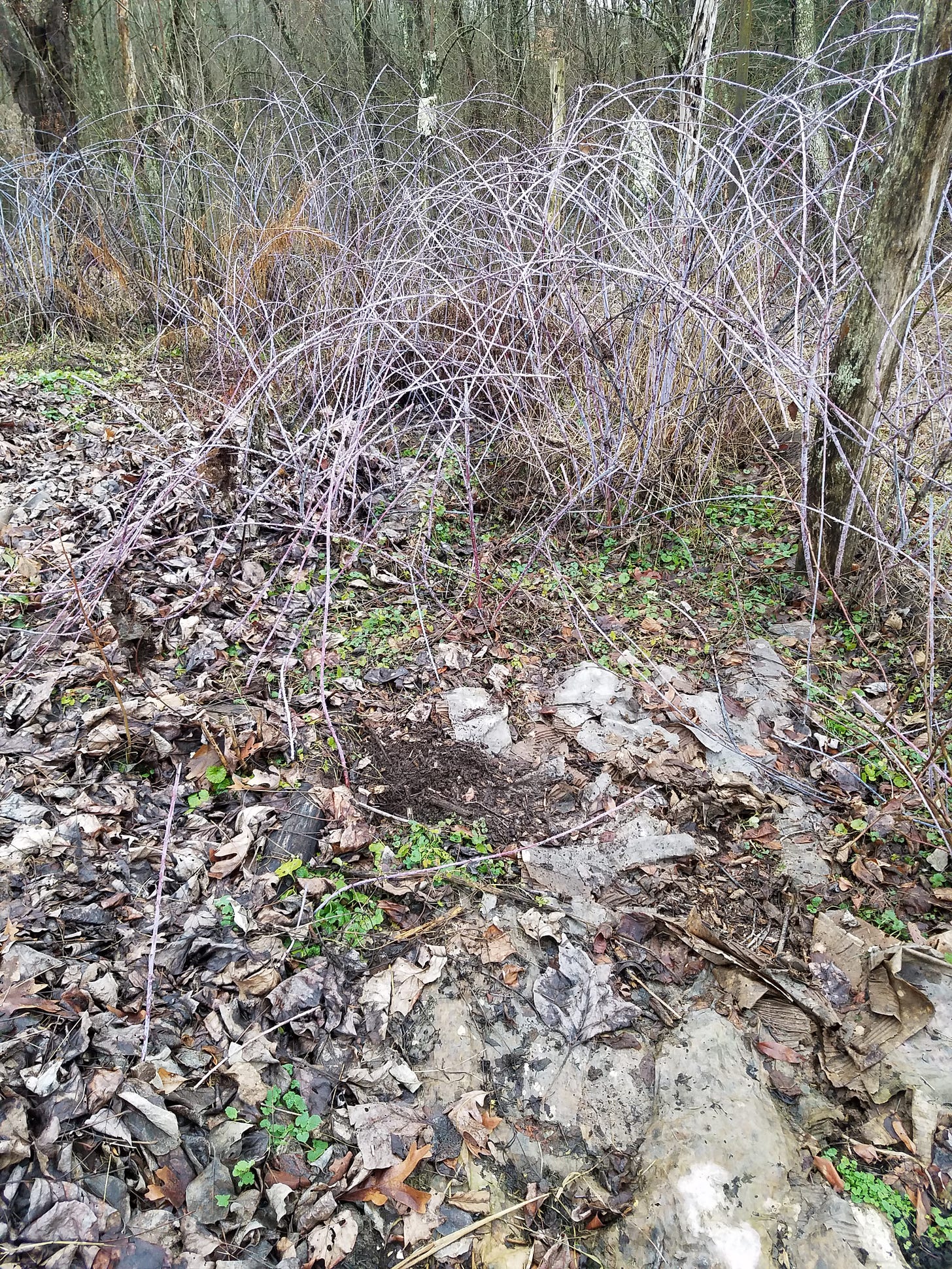

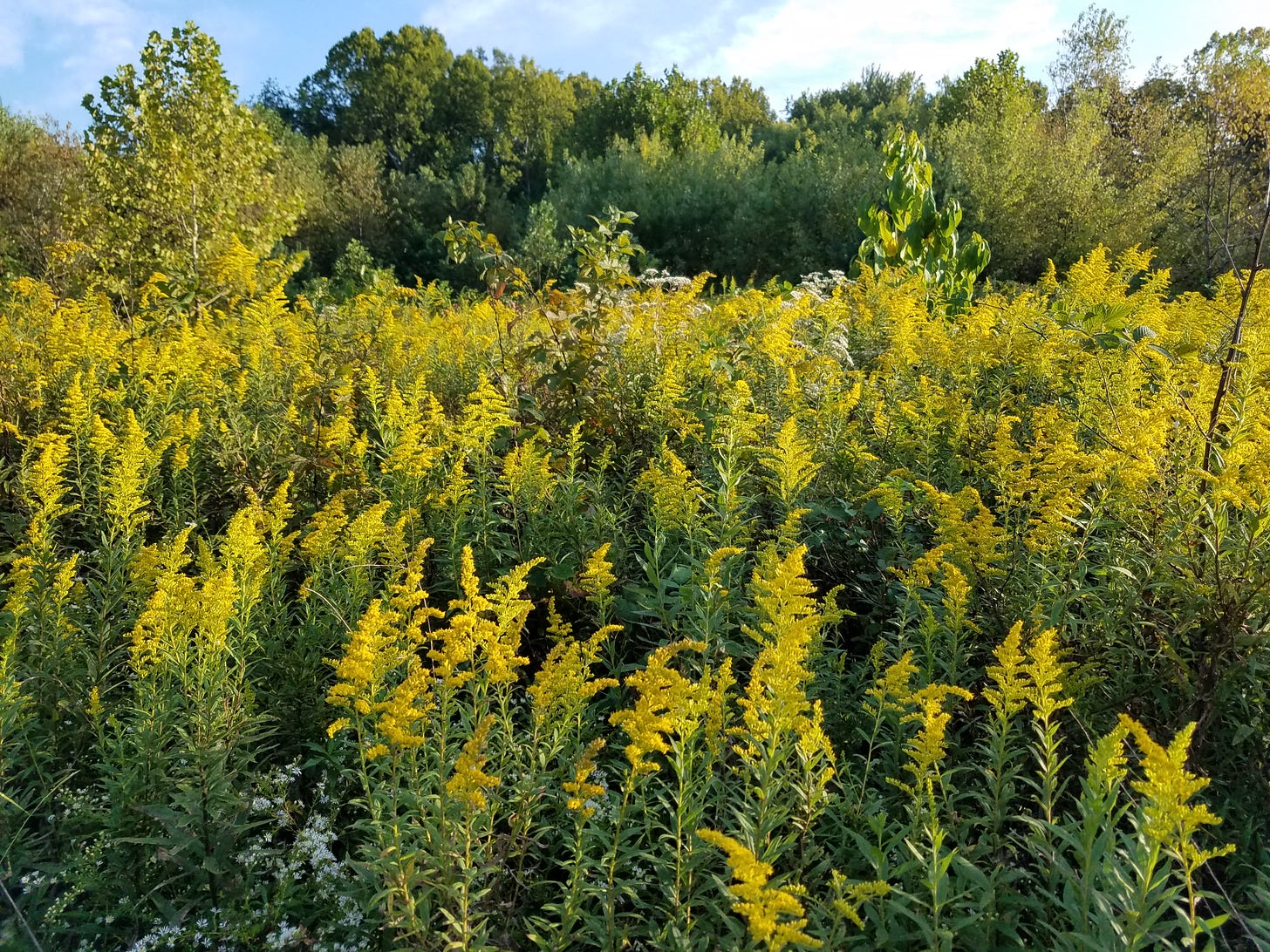
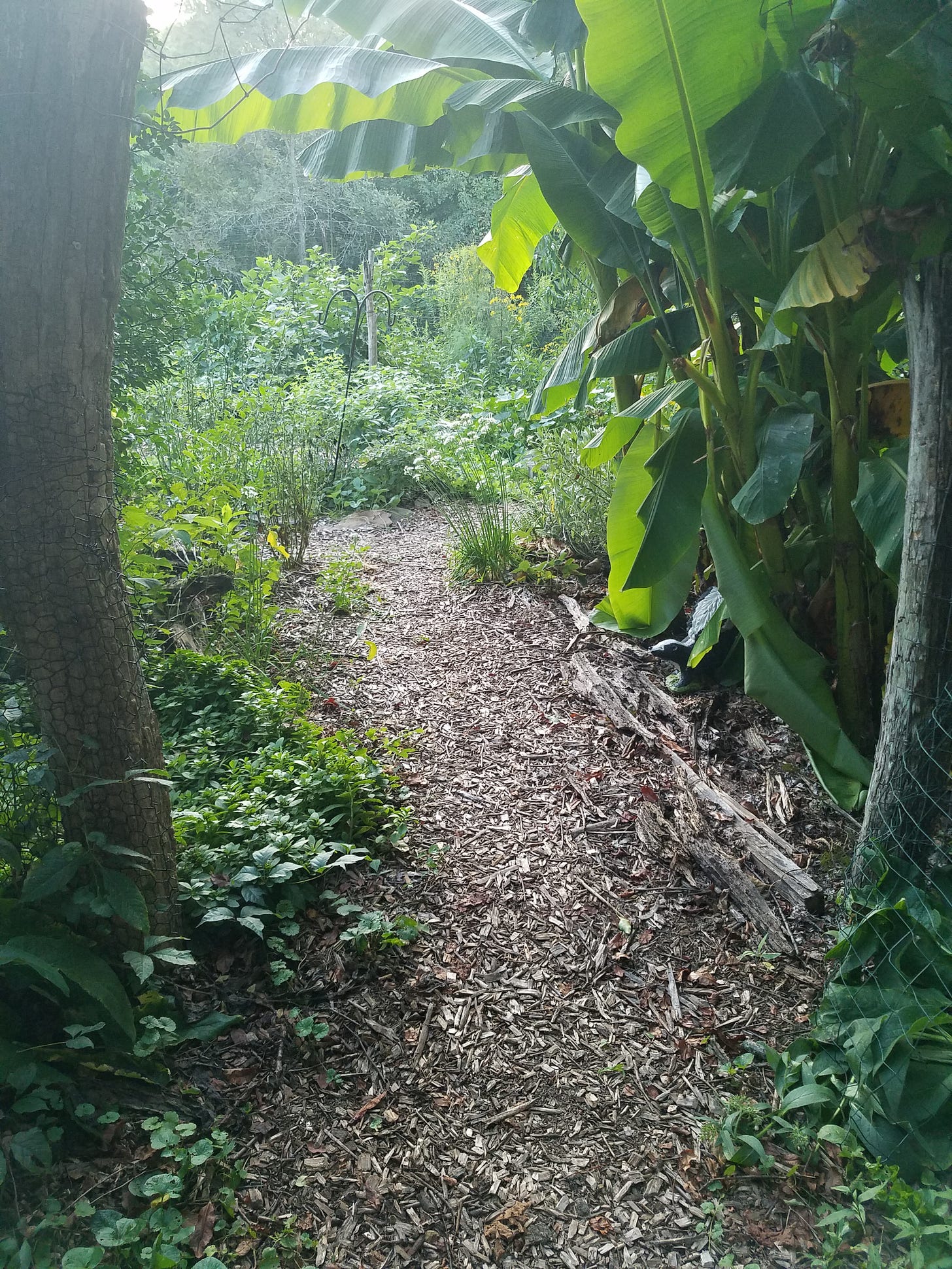
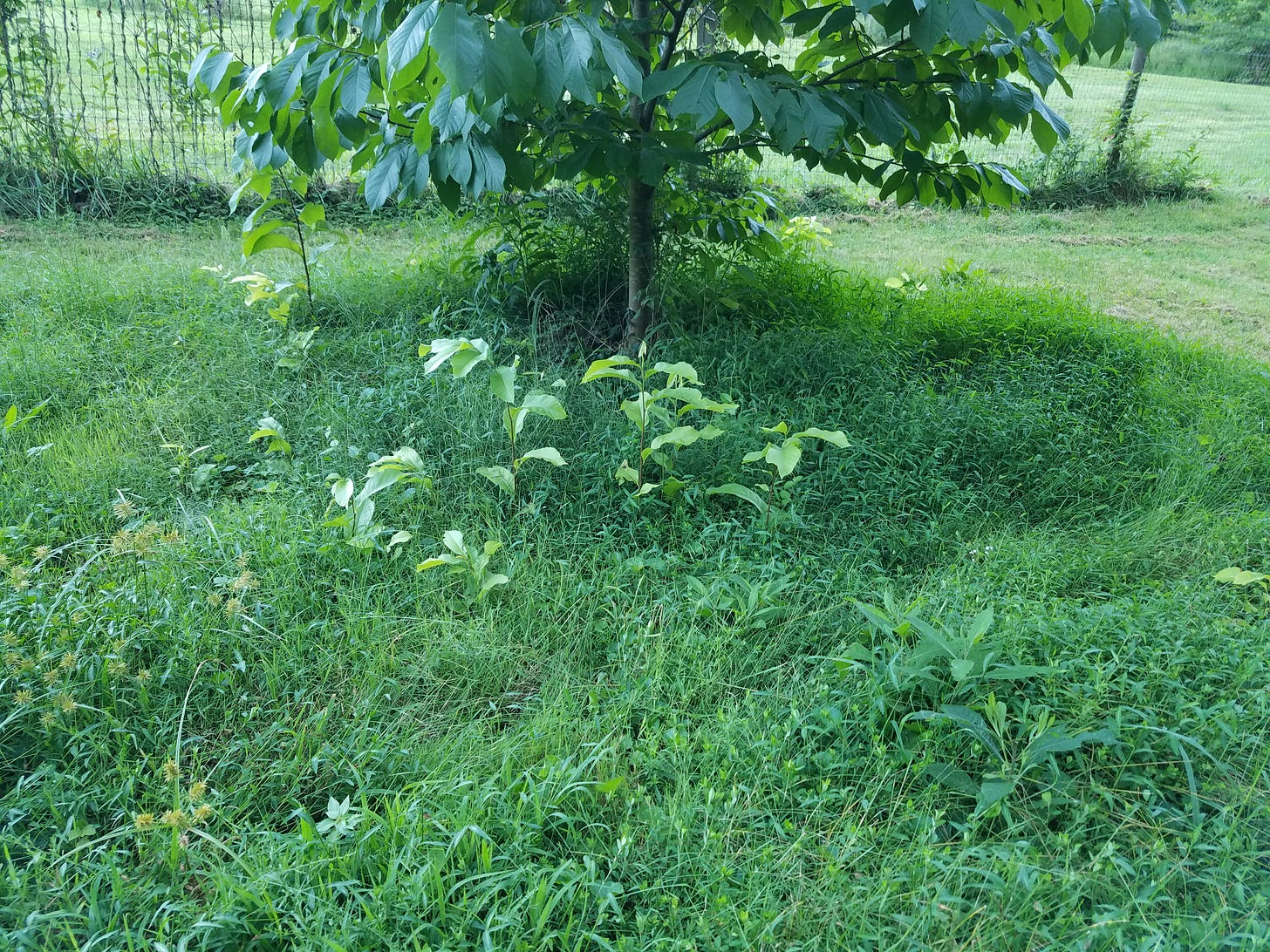
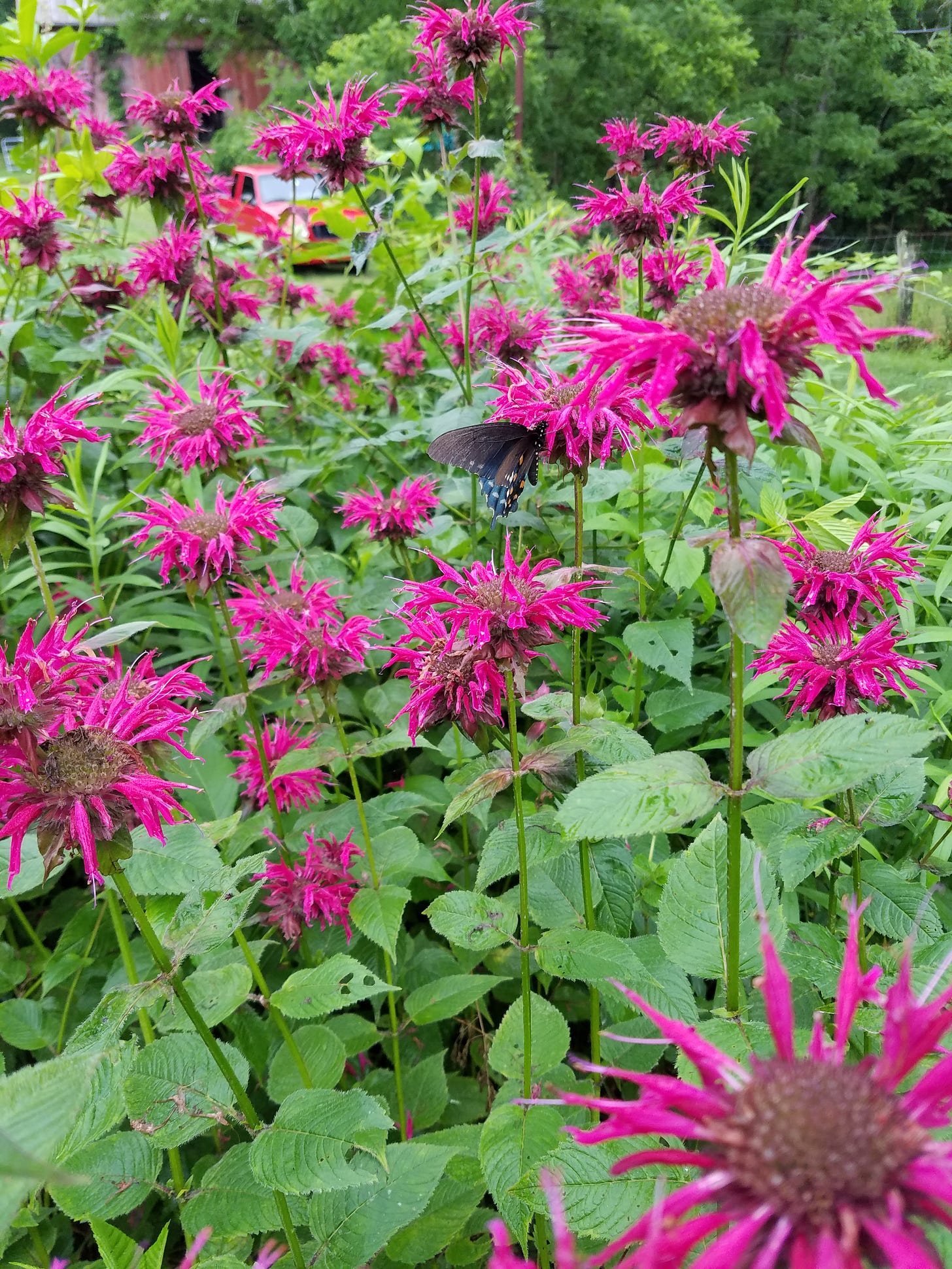
I heard that during the cultural revolution in China zealots in the red guard were annoyed that red also means "stop." They insisted that red should always mean "go" as it symbolized the spread of communism. They stood at intersections excitedly waving people through red lights leading to a smashing lack of success and ending their well-intentioned efforts.
It not so much makes folks defensive, but rather nauseous and disgusted. I had no idea that political correctness had made it's way into the garden. I've never heard of Lawson, but I go through gyrations to avoid reading this type of tripe. Unfortunately, sometimes it gets pas my gatekeeping . Lovely photos, by the way.